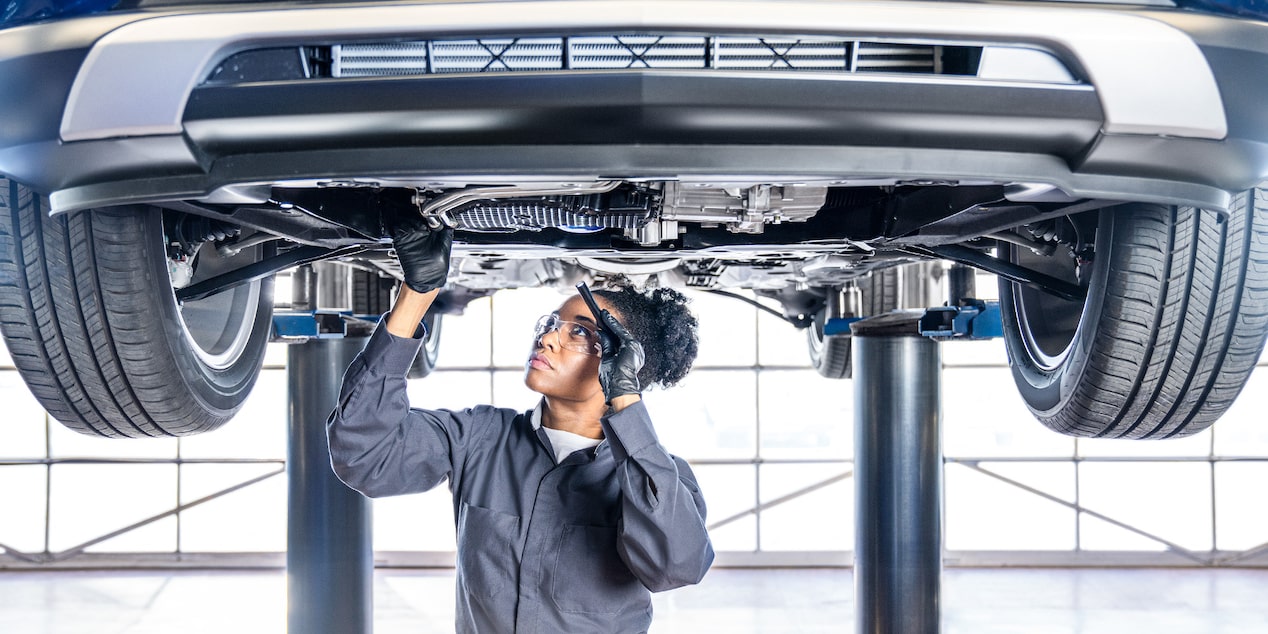All Categories
Featured

Vehicle fixings can quickly end up being a financial problem, especially when dealing with major issues that call for considerable job and pricey parts. Comprehending the variables that influence the expense of these repairs is vital for car proprietors who wish to be gotten ready for the unexpected. From the type of repair work required to the construct from your cars and truck, a number of vital aspects can identify just how much you'll pay for fixings. Here's a more detailed consider the most significant factors:
- Type of Repair service. The nature of the repair plays a pivotal function in the price. Straightforward repair work, such as replacing a trigger plug or brake pads, are usually less costly due to the fact that they require fewer parts and less labor. On the various other hand, repair services that entail intricate systems like the transmission, engine, or electric systems often tend to be more expensive. These fixings often require more customized parts and expertise, causing greater labor fees. Additionally, if the fixing includes taking apart numerous parts, the labor expenses can rise substantially.
- Make and Design of Your Vehicle. High-end and foreign vehicles, such as BMWs, Audis, and Mercedes-Benz, typically come with greater repair work expenses due to their specialized parts and the experience needed to work on them. In contrast, even more typical automobiles like Ford or Toyota usually have less costly components and are much easier for technicians to work on, which decreases repair prices.
- Components Schedule and Top Quality. The cost of the components required for the repair is one more major factor. The rarity of components, particularly for older or specialty lorries, can additionally drive up the expense, as discovering appropriate replacements can take time and initiative.
- Labor Costs. These expenses vary by region and repair work store, with metropolitan locations generally charging greater prices due to above prices. The complexity of the repair work additionally plays a role; repair services that need more time or specialized understanding, such as functioning on an engine or electrical system, will certainly result in greater labor charges.
- Extent of the Damage. The seriousness of the damage to your vehicle is an additional critical variable in establishing fixing prices. If the concern is minor and limited to one component of the automobile, the repair work might be relatively inexpensive. If the damage is extensive and needs several components to be changed or repaired, the price will climb. A broken timing belt might need replacing other engine parts that were harmed in the process, making the fixing extra costly and intricate. When major systems like the transmission or engine are affected, the repair expense can escalate quickly as a result of the number of components and the labor involved.
- Automobile Age and Problem. Older cars have a tendency to require even more constant repair work, and as components put on out over time, the price of those repair services can increase. In enhancement, components for older models may be more difficult to discover, which can enhance both the price and time required for repair services.
- Area of the Service Center. The area of the repair service shop can also influence the price of cars and truck repair services. Additionally, dealerships frequently bill more for fixings compared to independent repair service shops, although dealers may use OEM parts and supply specific solution for your make and design.
- Insurance and Guarantee Coverage. If your cars and truck is still under guarantee, numerous significant fixings might be covered by the manufacturer, which can conserve you a considerable amount of cash. Sometimes, extended warranties or service plans can help cover repair services for sure parts of the automobile. In addition, if the repair service is a result of a mishap, your car insurance coverage might cover the expense. Make certain to inspect the terms of your insurance or guarantee policy to comprehend what repair work are covered and what you might need to pay for out-of-pocket.

Conclusion. A number of elements affect the cost of significant auto repair work, consisting of the type of fixing, the make and version of your vehicle, the high quality of the components used, and labor fees. Understanding these components can aid you better plan for fixing expenses and make even more informed decisions when it's time for a significant solution. Routine maintenance, including prompt oil adjustments, brake evaluations, and tire rotations, can aid decrease the requirement for pricey fixings down the line. If you face an expensive fixing, it's constantly an excellent concept to get numerous quotes and weigh the benefits of using OEM versus aftermarket components to make one of the most cost-effective decision.
Latest Posts
Feast on Fresh-Caught Goodness at Deauville Inn’s Oyster Bar
Published en
2 min read
Plan Iconic Socials at Deauville Inn: Book Six Versatile Venues
Published en
2 min read
Delight in the Charm of Every Season at Deauville Inn: From Festive Winter Evenings to Vibrant Summer Days
Published en
2 min read
More
Latest Posts
Feast on Fresh-Caught Goodness at Deauville Inn’s Oyster Bar
Published May 20, 25
2 min read
Plan Iconic Socials at Deauville Inn: Book Six Versatile Venues
Published May 15, 25
2 min read
Delight in the Charm of Every Season at Deauville Inn: From Festive Winter Evenings to Vibrant Summer Days
Published May 12, 25
2 min read